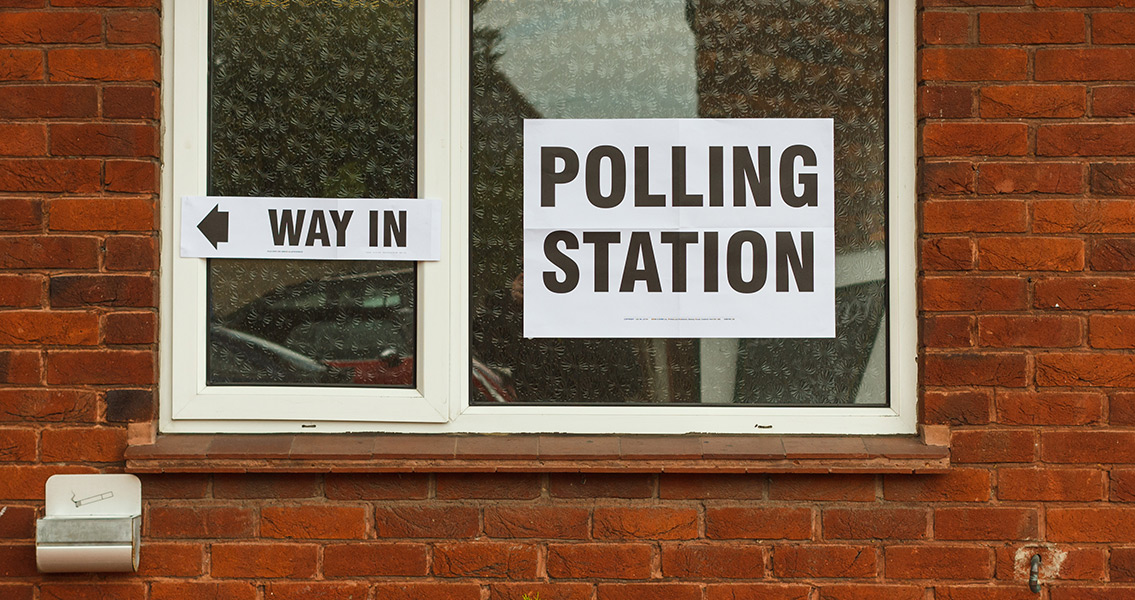<![CDATA[It's an element of most modern elections and referendums that seems so synonymous and crucial to the workings of democracy, it's hard to imagine there was a time when it wasn't a given. The secret ballot, the right to cast one's vote away from prying eyes, was made into law in Britain with the Ballot Act, signed on 18th July, 1872. Britain wasn't the first country to employ the secret ballot in its elections. Two Australian Colonies, Victoria and South Australia, had both made it law in 1856. Although the idea had been under discussion for several years in Britain, the two colonies were over a decade ahead in actually putting it into practice. For this reason, when secret voting was eventually implemented in the USA, it was known as the Australian Ballot. Elections were almost unrecognisable prior to the advent of the secret ballot. Whereas modern voting days tend to follow the same basic format: the electors entering a private booth, marking their choices on a ballot paper and then submitting that ballot in a way that no one could connect voter to vote, elections before the 1872 Ballot Act were a public affair. Voters entered the poll booth, where they had to declare their name, job and qualification to a poll clerk. Once this information had been recorded, the clerk would ask the elector how they wished to vote and then recorded the choice in a poll book. The poll booth offered no privacy, in fact, voting was a public spectacle. Onlookers and representatives of the candidates swarmed around the booths, able to hear both the name of the elector and the candidates they selected. Polling stations of the early nineteenth century were boisterous, intimidating and occasionally violent places. In some drunken fights broke out, an extreme example being 1868, when a Tory voter was kicked to death in Blackburn. Often, the elector would have to place his vote over a barrage of threats and heated arguments between candidates. Attempts at bribery were also commonplace, particularly in hotly contested or crucial constituencies. To make the situation even worse, the official poll book which held the names, addresses and chosen candidates of the electors would often be sold to newspapers after the election, ending any notion of secrecy. This lack of privacy in the act of casting a vote completely undermined democracy. In some constituencies, employers and landlords would attempt to coerce their employees or tenants into voting a certain way. With easy access to voting records, the threatened punishments were very real, and ultimately allowed wealthy property and business owners to direct the course of an election. On a more personal level, peer pressure was also able to exert its influence much more easily without the secret ballot, the voting intentions of friends, colleagues and family having a greater weight. Coming amidst the nineteenth century, a time full of dramatic electoral reform in the UK, the Ballot Act - passed during the first administration of prime minister William Gladstone, was perhaps the linchpin of the new look British politics. Although the 1832 Reform Act had greatly increased the franchise, affording more people the vote than ever before in Britain, the secret ballot gave this new electorate freedom in how they voted. ]]>
The Key to Democracy? Secret Ballot Made Law in 1872 Ballot Act
